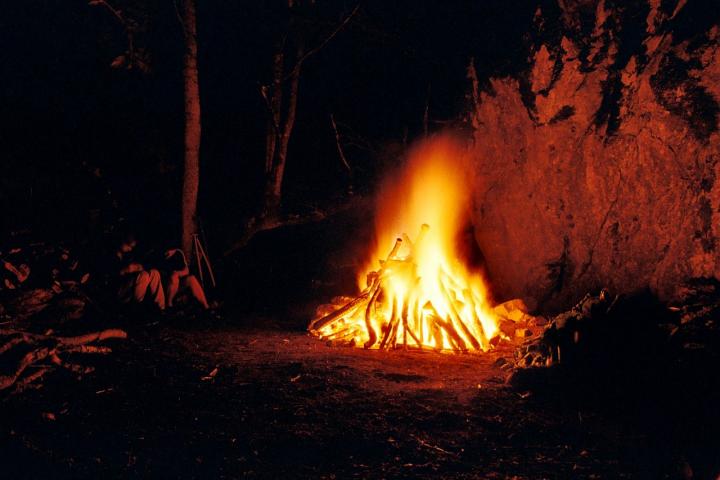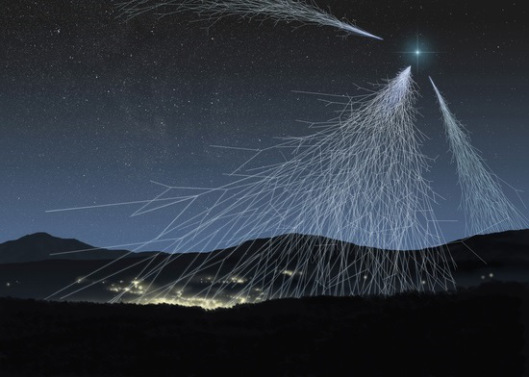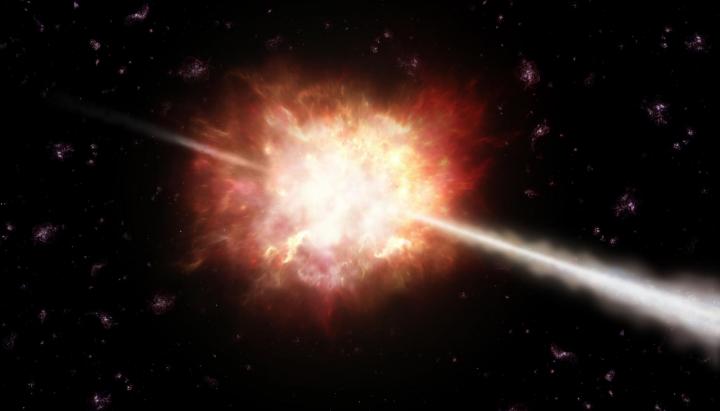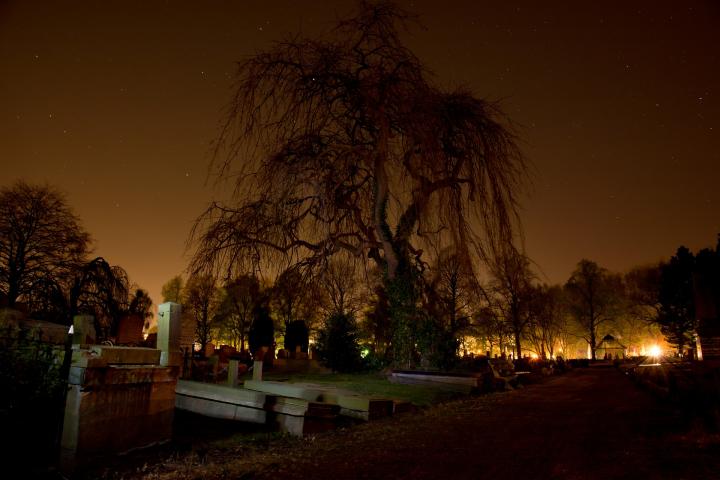
ADVERTISEMENT
I have a niece who is an EMT and she dearly loves Halloween and calls it the beginning of the holiday season. When I told her it would be a full moon this Halloween and asked if she would be going to her favorite haunted tour or overwhelmed at the hospital. With a grin she said "BOTH"!
Woot! I love the October and love the November - I have the opposite of SAD, bring the dark and gloomy skies!....I am a little disappointed with the skies this past October, rather dull. I remember the dark slate blue sky and the sun shining against the autumn leaves in front - and then the dark rain clouds rolling in to soak us, briefly, and then move on. Does anyone know what I am referring to? I am in the NorthEast of the U.S/
Am a stargazer as well ..and like to see what creatures roam about my property at night(a lot more than expected) but always wondered why the "uneasies" crept up so easily in Autumn. Bob , thank you! Good reasons!
I seriously love Bob Berman. I never considered the word disaster: bad star, very cool. Words are fun things and Mr. Berman has fun with them. I always read his articles in Discover (or was it Omni?). I wonder if Mr Berman has written books, will investigate...
Yes, I look forward to his columns too! He makes it very fun and seasonal. Happy Halloween to all!












